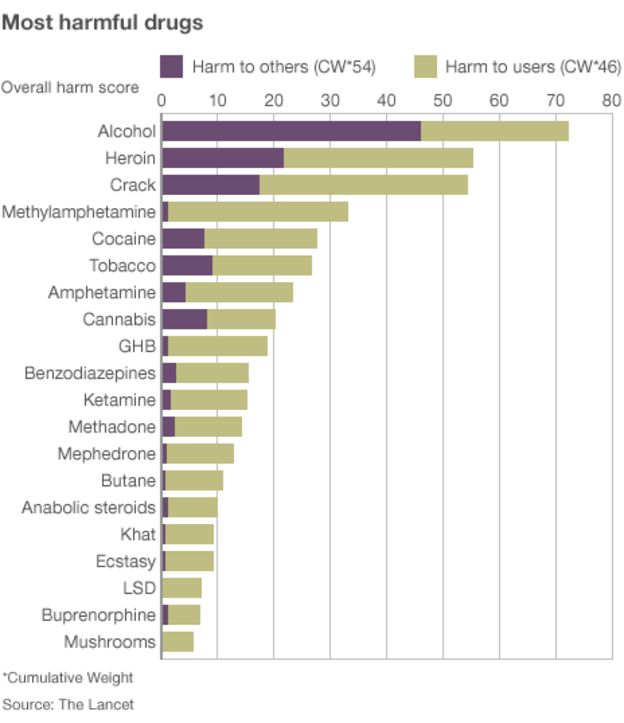Long-term Effects of LSD on the Brain
According to the Cleveland Clinic, the exact effect of LSD on the brain remains unknown. But the drug is believed to affect your brain’s response to serotonin – a neurotransmitter that involves your emotions, moods and perceptions.3
While immediate LSD use causes a variety of disorienting, distorted and emotional effects, there are also some potentially troublesome longer-term effects of LSD abuse:
- Persistent psychosis – there are reports of lingering symptoms of psychosis (more below).
- Recurrent hallucinations – even after you’ve stopped taking the drug.
Some users report having mind-expanding, mystical experiences while they’re under the influence of LSD. However, because it’s impossible to control the type of experiences you’ll have, the length of your experience or your reactions to the drug – you cannot predict if you are likely to have terrifying hallucinations or pleasant ones. Even worse, these episodes may continue after you’ve stopped using LSD, interfering with your social and professional life and putting you at risk of anxiety, depression and suicide.
Persistent Psychosis
“Psychosis” is defined as a condition of dissociation from the real world.4 It is characterized by:
- Hallucinations – or perceiving things that aren’t actually there.
- Delusions – or false beliefs.
Those with a history of long-term LSD use may experience psychotic episodes similar to people who suffer from schizophrenia, schizoaffective disorder, borderline personality disorder and other serious mental conditions.
Even after quitting LSD, the drug-induced psychosis that may continue to persist can include:
- Radically disorganized thought patterns.
- Distortions of perceived reality.
- Dramatic mood swings.
Not everyone who uses hallucinogenic drugs experiences persistent psychosis, but it appears to still be a risk for some.
Whether these episodes occur regularly or happen only occasionally, they can be terrifying and profoundly disturbing. Persistent psychosis can make it difficult to hold down a job, maintain a normal social life and form lasting personal relationships. During a psychotic episode, you may suffer a serious or fatal injury if your delusional experiences drive you to take life-threatening risks.
Flashbacks vs. HPPD
LSD flashbacks are often the subject of jokes in the media. Psychedelic drugs were widely abused in the 1960s by those looking to achieve an expanded state of consciousness. Some psychiatrists even prescribed LSD to their patients on a therapeutic or experimental basis.
Today’s references to flashbacks frequently poke fun at these visionary explorations. But while some flashbacks may be amusing, colorful and even pleasant – hallucinogen persisting perception disorder (HPPD) can be a dangerous and frightening condition. While flashbacks are usually infrequent, reversible and harmless – episodes of HPPD can be:
- A long-term, chronic side effect of LSD use.
- Extremely disturbing.
- Recurrent, reappearing over and over again.
- Accompanied by dysphoria, or a sense of depression and malaise.
- Irreversible – despite avoiding hallucinogenic drugs.



